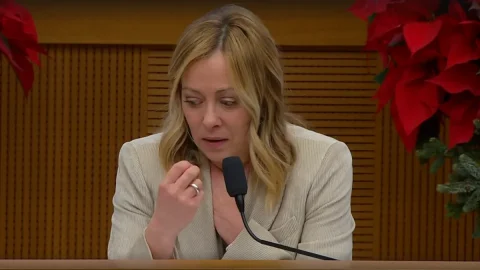In the night between Saturday 26 and Sunday 27 March summer time is back in Italy, which will last for the next seven months (solar time will return in the night between 29 and 30 October). As a result of the movement of the clock hands one hour forward, Terna - the company that manages the national electricity grid - estimates in the next 7 months a electricity savings of approximately 580 million kilowatt hoursquantity corresponding to the average annual requirement of over 200 families.
Considering that a kilowatt hour costs the end customer about 16,32 cents on average euros after taxes, the estimated economic savings for the system relating to lower electricity consumption in the summer time period for 2016 is equal to 94,5 million euros.
According to the data processed by Terna, from 2004 to 2015 the lower electricity consumption for the country due to summer time was a total of approximately 7 billion and 270 million kilowatt hours - a quantity equivalent to the annual electricity demand of regions such as Marche or Trentino Alto Adige - and in economic terms resulted in savings for the citizens of almost 1 billion and 100 million euros.
In the spring-summer period, the month with the greatest energy savings estimated by Terna is April, with 149 million kilowatt hours (equal to 26% of the total), since April has "shorter" days in terms of natural light, compared to months of the entire period. Moving the hands one hour forward therefore delays the use of artificial light at a time when work activities are still in full swing. In the summer months, from June to August, on the other hand, since the days are already "longer" than in April, the "delay" effect in turning on the light bulbs occurs in the evening hours, when work activities are mostly finished , and shows less evident results in terms of electricity savings. It should also be remembered that the greater demand for electricity in the hottest summer months is due to the use of air conditioners, and is therefore independent of summer time, as it is linked exclusively to climatic and temperature factors and not to the greater number of hours of natural light.





